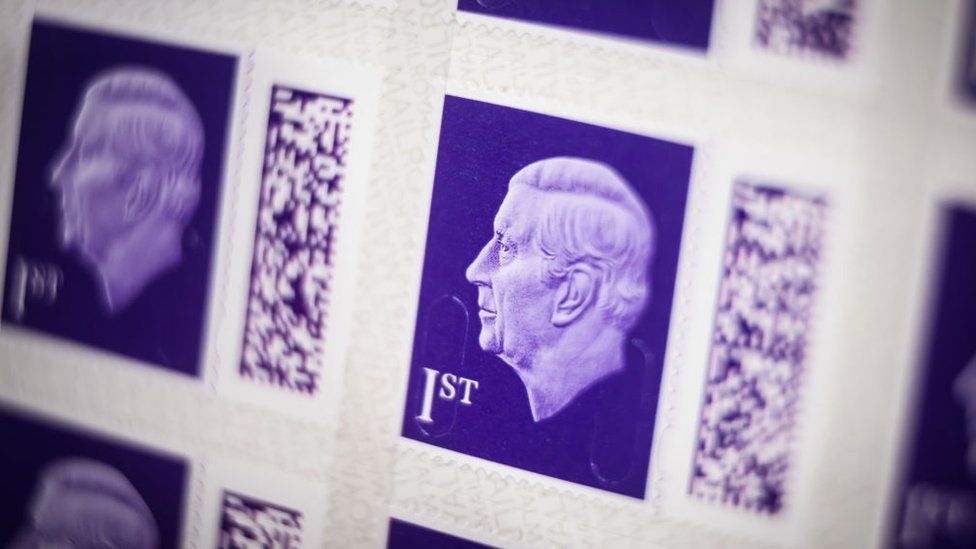ARTICLE AD BOX
 Image source, Getty Images
Image source, Getty Images
These stamps are the real deal but fakes feature irregular perforations around the edge and a shine to the surface
By Nick Edser
Business reporter
China is to blame for a rise in the number of fake stamps circulating in the UK, a senior MP has told the BBC.
It follows an increase in complaints that stamps bought from legitimate stores were found to be counterfeit. Anyone who receives a letter with a fake stamp is charged £5 by Royal Mail.
Conservative MP Iain Duncan Smith told BBC Breakfast: "China is behind it."
A Royal Mail spokesman said: "We are working hard to remove counterfeit stamps from circulation."
Reports suggest people are unknowingly buying the fakes from Chinese firms through various online marketplaces.
Consumers are being asked to look out for strange perforations around the edge of a stamp, a shine to the surface or the colour looking off.
Alan Mendoza, from security think tank the Henry Jackson Society, told BBC Breakfast: "We don't know the extent on whether the Chinese government are involved - but what we do know is that Chinese firms are involved."
However, the chance of getting a counterfeit stamp is low, Royal Mail's director of external affairs and policy, David Gold, told the BBC's Watchdog programme on Wednesday.
"People should understand that the overwhelming majority of stamps on sale are legitimate," he said.
"The number of [counterfeit] stamps that we are spotting account for less than 0.1% of the total stamps going through the network."
Barcoded stamps were introduced in 2022 to cut down on the sale of fakes and Mr Gold said this had reduced the number of counterfeits by 90%.
A Royal Mail spokesman said: "We regularly monitor online marketplaces to detect suspicious activity, such as sales of heavily discounted stamps and work closely with retailers and law enforcement agencies to identify those who produce counterfeit stamps."

 1 year ago
47
1 year ago
47








 English (US) ·
English (US) ·